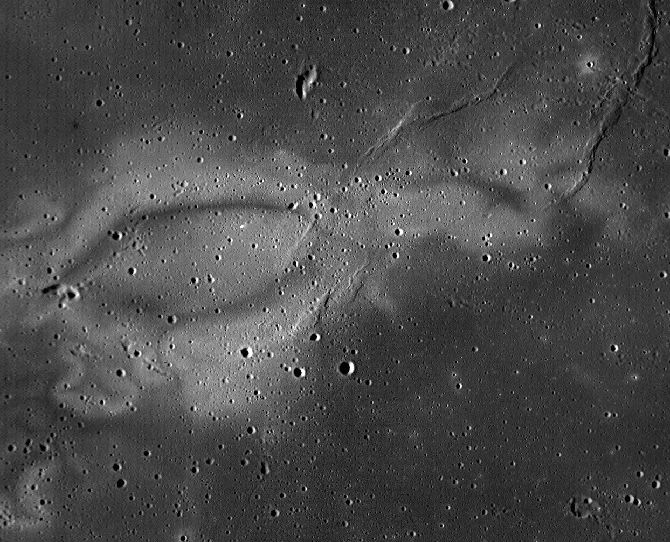FWP:
SETS == PETRIFIED PHRASES; SYMMETRY
GRANDIOSITY: {5,3}
SPEAKING: {14,4}
ABOUT be-takalluf : This protean little expression (see the definition above) can have three functions: (1) it can work as a stylized introductory formula like 'to tell you the truth', by describing the manner in which the speaker will be expressing himself (candidly, freely, frankly, informally); (2) it can describe, adverbially, how something in the verb will happen (abruptly, without ceremony); (3) it can describe, adjectivally, some (proper) noun in the verse. Needless to say, it can also combine some or all of these functions, or oscillate among them.
By placing be-takalluf at the beginning of a line, the
poet ensures that the introductory-formula aspect will, on a first reading,
present itself as primary. This is how it's usually encountered in Urdu, and
its general introductory 'truth-claim' role is certainly the most prominent
of its uses. It's conspicuous that Ghalib invariably places it at the beginning
of a line, not only in the present verse but also in its only other divan appearances,
{53,6} (which is framed so that all three
readings are possible); {87,11}; and {220,1}.
Even more conspicuously, he always places its more complex cousin takalluf
bar-t̤araf , which has almost the same range of meanings, in exactly
the same initial position: for examples see {65,1}. (One unpublished instance with be-takalluf as the second word in the line: {379x,1}.)
Thus in the present verse the poet uses be-takalluf to create a small bit of īhām , or misdirection. Or rather, not exactly misdirection, but redirection, or doubled direction. For when (after, under mushairah performance conditions, a suitable delay) we hear the rest of the second line, we realize that 'abruptly, unceremoniously' is exactly how someone would hastily slap a seal or gag over the mouth of someone who was on the verge of saying something unsuitable. Yet the 'truth-claim' reading remains perfectly plausible, and even creates an enjoyable affinity with the claim of thwarted expression in the first line.
As required by the rule of 'symmetry', both (2a) and (2b) are perfectly possible. In fact both are noticed by the commentators, although no commentator notices them both. Nazm considers that the seal on the speaker's lips might appear as a scar on the moon (2b), while the two Bekhuds consider that the scar on the moon would become a seal on the speaker's lips (2a).
For a similar confusion between a 'hidden scar' [dāġh-e nihāñ] and the sun, see {62,8}. Such linkages between the lover and the natural world-- with preeminence given to the lover-- are a favorite of Ghalib's (on this see {4,8x}). After all, in {24,3} we saw that the sun itself perhaps shines only because it has begged alms of the beloved's radiant beauty.
Silence is virtually impossible, expression is longed-for--
so that if silence is required and actually achieved, it can only be by a
huge cataclysm of some kind. And of course, the night of separation is just
when the scarred moon would be the lover's only companion. Another cataclysmic
way to achieve silence would be to attain a state of tonguelessness, as in
{24,5}. But failing that, having a scar on
the moon to seal your lips, or having your lips sealed so forcefully that
the seal is equivalent to a scar on the moon, would probably also do the job.

Nazm:
That is, if the sadness of the night of separation would not be able to be expressed, then consider that it [i.e., what you saw] was not a scar on the moon, but rather a seal on my lips. (26)
== Nazm page 26